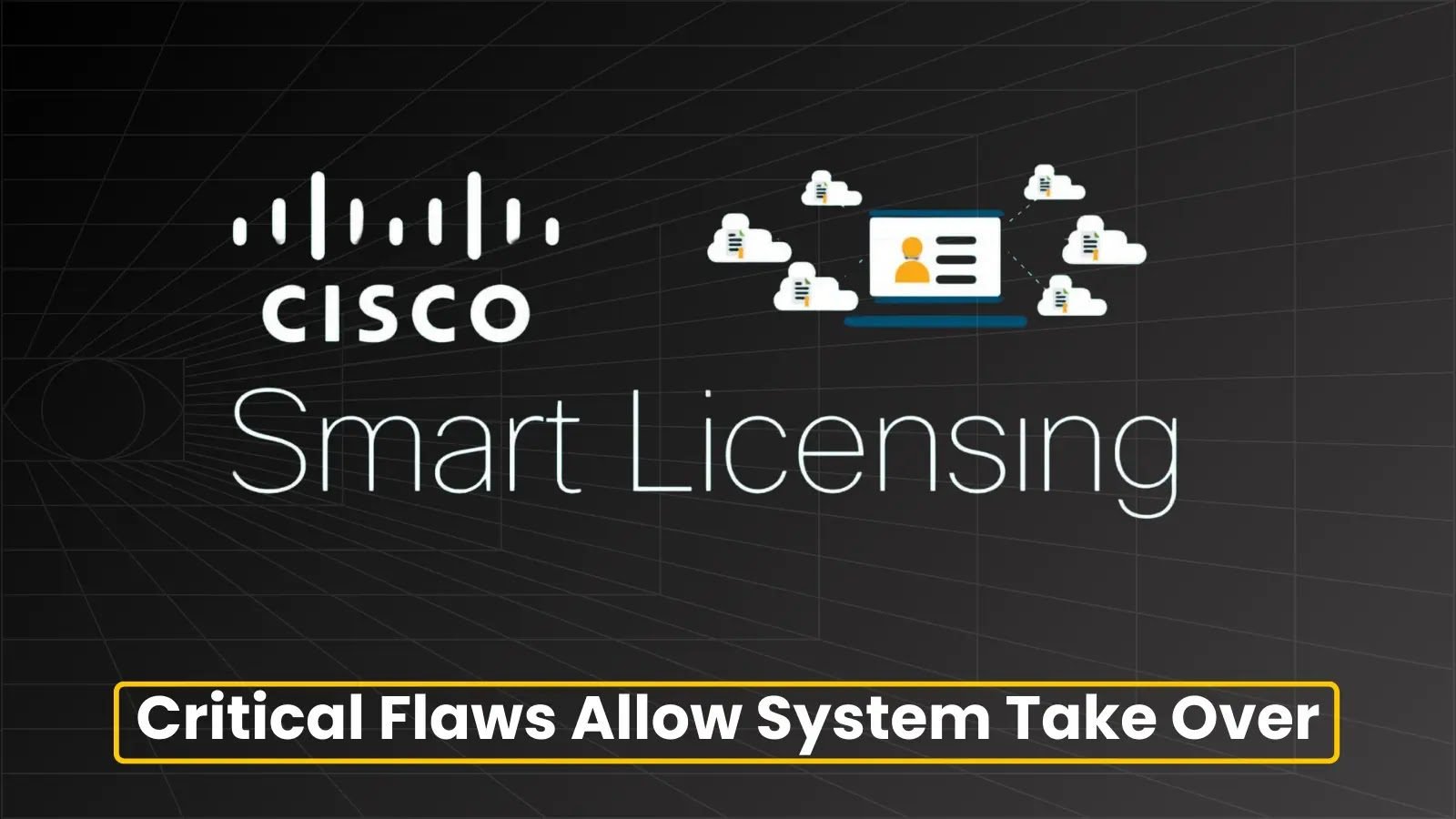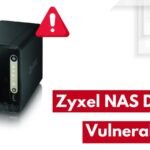Top 10 Cyber Security Tips
to keep data safety
These top 10 personal cyber security suggestions will help our readers become more cyber-aware
Cybersecurity was never more critical than now. We produce and share more private information as we spend more time online. Private and financial information might be jeopardized if this data gets into the wrong hands. As a result, securing sensitive data is vital for organizations and people.
Here are the top 10 personal Cyber security tips to keep your data safe:
- Maintain Software Updates:Ransomware assaults were a prominent attack vector in 2017 for enterprises and consumers, as seen in the statistics above. Patching obsolete software, operating systems and apps is one of the most significant cybersecurity strategies for preventing ransomware. This aids with the removal of essential vulnerabilities that hackers use to get access to your devices.
- Utilize anti-virus software and a firewall:It is impossible to have complete and absolute malware protection while connected to the internet. You may lower your susceptibility by installing an anti-virus and at least one anti-malware program on your PCs.
- Use strong passwords and a password management tool:Strong passwords are essential for internet security, as you’ve probably heard. Passwords are essential for preventing hackers from accessing your data. If you want to manage your passwords more manageable, consider utilizing a password management tool or a password account vault.
- Authentication should be two-factor or multi-factor:Two-factor authentication, often known as multi-factor authentication, is a service that adds extra levels of protection to the traditional password form of online identity. You would ordinarily input a username and password without two-factor authentication.
- Understand Phishing Scams – Be wary of emails, phone calls, and flyers: In a phishing scheme attempt, the attacker disguises himself or herself as someone or something other than PII, including names, addresses, phone numbers, dates of birth, Social Security numbers, IP addresses, location information, and any other physical or digital identifying data.
- Protect Your Sensitive Personal Identifiable Information: Personal Identifiable Information (PII) is any information that a cybercriminal may use to identify or locate a person. PII includes names, addresses, phone numbers, dates of birth, Social Security numbers, IP addresses, location information, and any other physical or digital identifying data. Companies that adhere to the PCI DSS guidelines should safeguard your credit card information.
- Examine external storage devices for viruses: External storage devices, like internal storage systems, are vulnerable to infection. The virus may spread if you install an infected external device on your computer. When using external devices, always scan them for malware.
- Back up your data regularly:Backing up your data regularly is an essential step towards personal internet security. The finest IT and security executives adhere to a basic guideline known as the 3-2-1 backup rule. You will store three copies of your data on two media types and one copy off-site.
- Avoid Using Public Wi-Fi: When you connect to a public network, you share it with everyone else. Every data you send or receive over the network is susceptible. Avoid public networks or use a VPNif you must connect to one.
- On your website, use HTTPS:Installing an SSL certificate and enabling HTTPS can help encrypt all information sent between a visitor’s browser and your web server.






